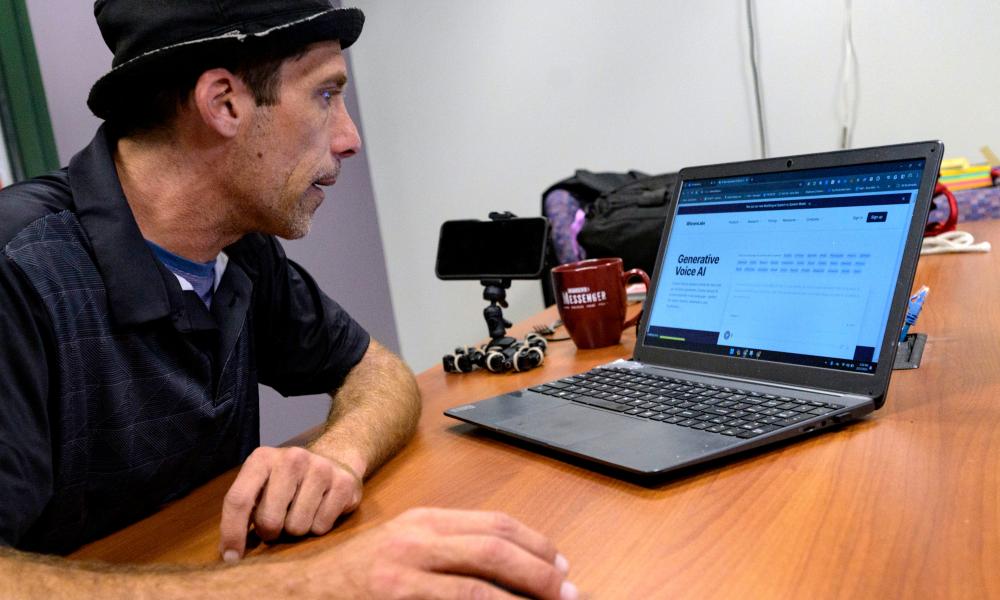Steve Kramer, a political consultant who admitted that he deepfaked Joe Biden’s voice in a robocall that was sent out to thousands of US voters in January 2024, has been indicted and fined $6m.
The robocall, which went out ahead of the first Democratic presidential primary in the US in New Hampshire, used artificial intelligence to fake Biden’s voice telling voters to stay home and “save” their votes for the November general election.
Ten criminal charges were filed against Kramer out of Rockingham County on 22 May, including allegations of bribing, intimidation and impersonation of candidates, TV station WMUR in New Hampshire reported. Similar charges were filed in Merrimack and Belknap counties in New Hampshire, where others reported receiving the robocall.
Separately, the Federal Communications Commission announced on 23 May that it would fine Kramer $6m for the robocalls and also issued a $2m fine against Lingo Telecom, which is accused of transmitting the robocall.
“It sounded like Joe Biden, and I was, like, ‘That’s weird,’ and then as I listened more, I’m like, ‘It doesn’t really sound like Joe Biden,’” Krista Zurek, who received one of the robocalls, told WMUR.
The robocall is the first reported deepfake to be used in US presidential politics. Various kinds of attempts at fakes in public life and politics have always been common – but deepfakes use artificial intelligence and various technological tools to copy voices or faces, for example, in ways that are often extremely convincing.
The incident in New Hampshire prompted the Federal Communications Commission to ban the use of robocalls – which utilize recorded voices on automated calls that dial multiple recipients simultaneously – using voices generated by artificial intelligence.
Related: US outlaws robocalls that use AI-generated voices
“Because when a caller sounds like a politician you know, a celebrity you like, or a family member who is familiar, any one of us could be tricked into believing something that is not true with calls using AI technology,” said the FCC chairwoman, Jessica Rosenworcel, in a statement on 23 May. “It is exactly how the bad actors behind these junk calls with manipulated voices want you to react.”
According to Kramer, he sent out the robocalls to advocate for the need to regulate artificial intelligence. He had previously worked as a contractor for Dean Phillips’s failed presidential campaign, but both denied that the Phillips campaign had knowledge about the plan for the robocalls.
The creators of the robocall were unknown until a street magician named Paul Carpenter came forward to NBC News stating that he created the robocall for Kramer.
He said he provided text screenshots and Venmo payments to corroborate his account. Kramer later admitted his role in commissioning the robocall.
Kramer and two Texas companies involved in distributing the call are also being sued.


